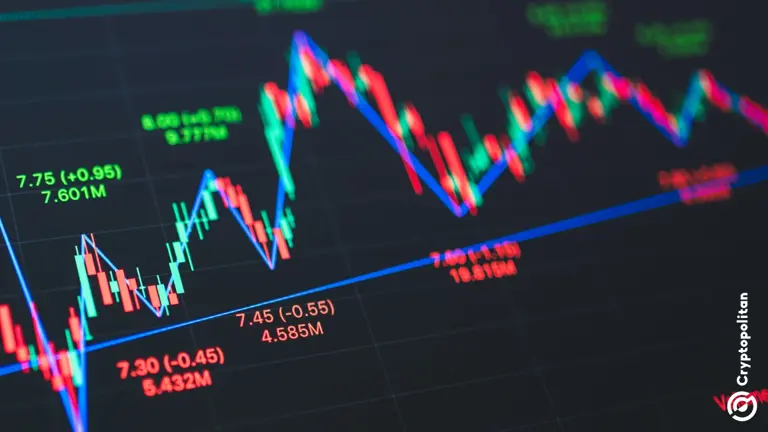The unexpected ceasefire announcement between Iran and Israel has sent ripples of relief through global oil markets, triggering a significant price drop and offering a potential economic respite to oil-importing nations like Ghana. Brent crude, the international benchmark, experienced a sharp decline, falling nearly 3% to its lowest point in over a week, while US West Texas Intermediate (WTI) mirrored this trend with a similar drop, reaching its lowest value since early June. This dramatic shift comes after twelve days of conflict, marked by attacks on Iranian nuclear facilities, and culminates in a US-brokered ceasefire agreement. While anxieties remain about the fragile nature of the peace, the immediate market response signals a cautious optimism, with the potential for further price reductions if the ceasefire holds.
For Ghana, the timing of this development is particularly fortuitous. The government had recently suspended a levy on fuel intended to address legacy debt in the energy sector, anticipating that the escalating conflict would drive up international oil prices and consequently domestic fuel costs. The swift de-escalation and the subsequent drop in crude prices alleviate this concern, providing the government with room to reinstate the levy and bolster its revenue streams. Moreover, the declining oil prices offer broader economic benefits for Ghana, easing inflationary pressures that have been burdening consumers. Recent drops in crude prices, coupled with a strengthening local currency, the cedi, have already provided some relief, and the current trend promises to amplify these positive effects.
The Ghanaian economy stands to gain significantly from a sustained period of lower oil prices. Fuel costs are a major driver of transportation and production expenses across various sectors. A continued decline in global benchmarks would translate to lower prices at the pump, reducing these operational costs and potentially stimulating economic activity. Furthermore, the pressure on the Ghana cedi, often exacerbated by surging oil prices and increased demand for foreign exchange to finance oil imports, is likely to ease. This positive feedback loop could contribute to greater economic stability and potentially boost growth.
However, the volatile nature of the Middle East necessitates a cautious approach. While the ceasefire offers a welcome reprieve, the region’s history cautions against complacency. The oil market remains highly sensitive to geopolitical instability, and any resurgence of tensions could quickly reverse the current downward trend in prices. Analysts emphasize the importance of closely monitoring the situation and acknowledge the potential for rapid market fluctuations should the ceasefire falter. The sustainability of the peace agreement is crucial for maintaining the current positive momentum in the oil market.
Despite the inherent uncertainties, the current situation presents a window of opportunity for Ghana to capitalize on the favorable market conditions. The government can leverage the lower oil prices to address its fiscal challenges by reinstating the suspended levy, while consumers benefit from reduced fuel costs and a more stable currency. The potential for sustained economic relief is significant, particularly in the short term. However, the long-term outlook remains contingent on the durability of the ceasefire and the broader geopolitical dynamics in the Middle East.
The current ceasefire between Israel and Iran, brokered by the United States, marks a significant turning point in a volatile region, bringing with it a cascade of economic implications, particularly for oil-dependent nations like Ghana. The immediate impact has been a sharp decline in international crude oil prices, offering a much-needed respite from escalating costs. For Ghana, this development has provided a dual benefit: the opportunity to reinstate a revenue-generating levy on fuel, previously suspended in anticipation of rising oil prices, and the prospect of broader economic relief through reduced fuel costs and a more stable currency. While the long-term implications remain intertwined with the precarious nature of the ceasefire and the ever-shifting geopolitical landscape of the Middle East, the current situation presents a positive, albeit potentially short-lived, economic window for Ghana and other oil-importing countries.














